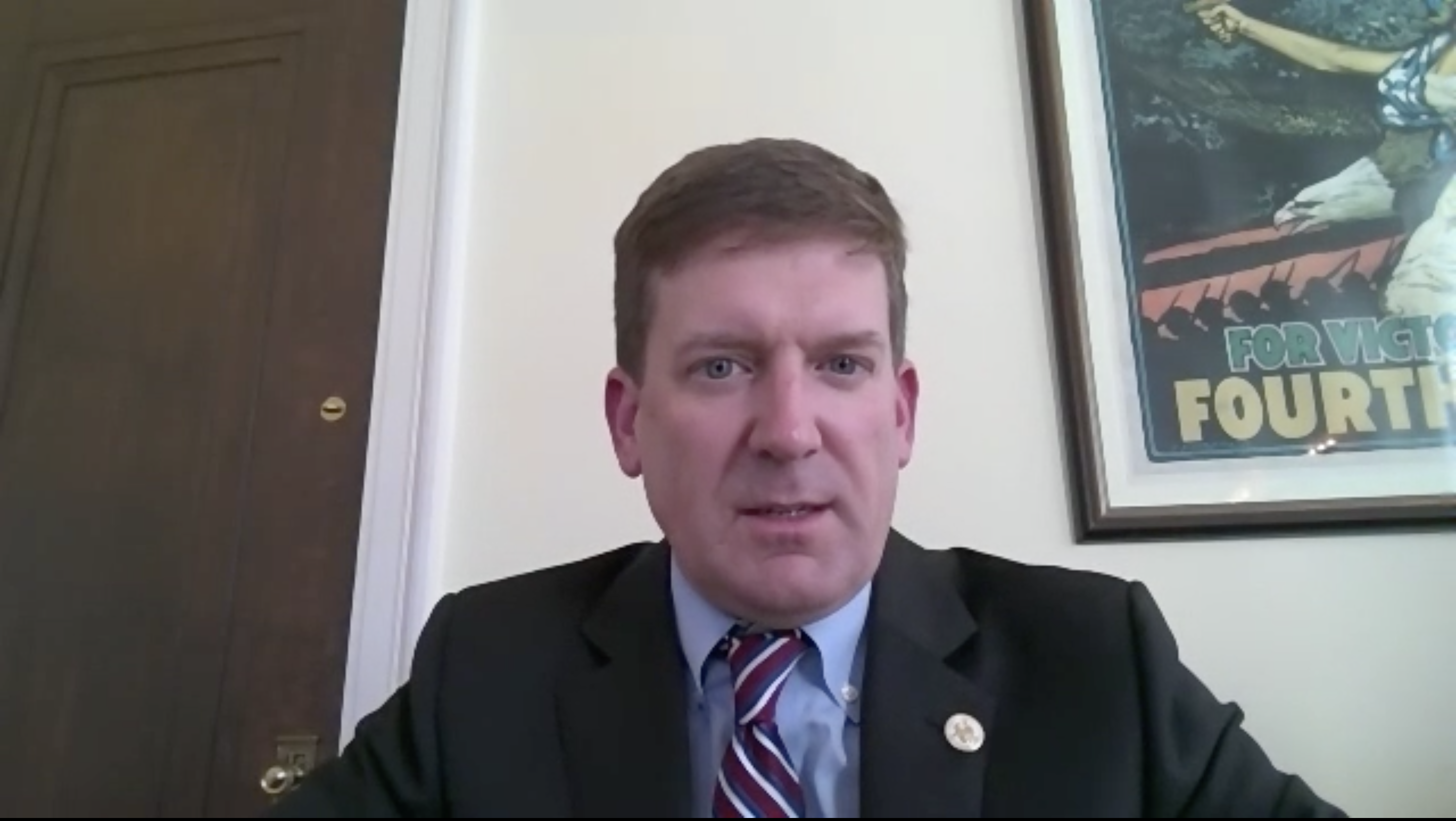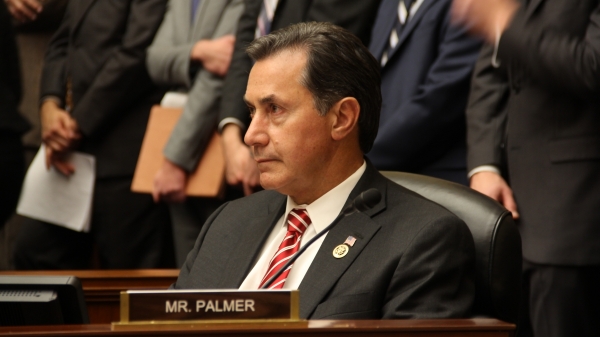State officials plan to use record revenues to help offset debt and fill reserves, pushing that abnormal and unsustainable levels of federal funding must be used wisely.
The proposed General Fund budget is $2.718 billion, a 1.52 percent increase over last year, and the Education Trust Fund budget would be $8.3 billion, a $627 million increase.
“Our current level of budget revenues are historical in nature, are generally unprecedented and we know they are not going to sustain at these levels,” Director of Finance Bill Poole said. “There have been a couple of themes to make sure the state is stewarding budgets responsibly, thinking about the future, investing funds rather than casually spending them … The federal funding will dry up at some point, and economic factors on the horizon that could have negative impacts on budgets in years to come.”
Still, the state plans 4 percent pay raises for teachers and state employees as well as additional funding allocated in several areas including preschool expansion, mental health centers, prison staffing and more.
The pay raises equate to a $140 million increase in teacher pay and a $28 million increase for state employees.
It’s a bigger jump than the typical 2 percent that has been proposed in recent years, but Poole said finance officials believe the budget can sustain the increase “relatively easily.”
“We had the capacity, inflation is up and we have a teacher shortage, so we need to be competitive in salary,” Poole said. “There’s a lot of stress on teachers right now. We need to make sure we are prioritizing teachers and compensation is part of that.”
The state is also proposing $10 million in grant funding through the State Department of Education to assist “failing elementary schools” although the specifics of how that money will be spent would be administered through collaboration between the schools and the Department of Education, Poole said. The determination of a failing school will be based on the letter grading system implemented by the state.
“This is not to be a one-size-fits-all … rather it requires the state department, in collaboration with local education leaders, to enter those schools and work together to assess what are the deficiencies,” Poole said. “It might be math, it might be literacy, it might be something else. Each of these schools are going to be unique, so diagnose the issue.”
Poole said the program does not follow any other state’s specific example but instead focuses on creating unique solutions to address specific issues of the under-performing schools.
Poole said the debts can’t be simply “paid off” immediately, but the actions outlined in the budget would retire debt services as soon as the time permits.
“It will free up state appropriations in future budgets so legislators can devote future dollars to needs as opposed to debt,” Poole said.
The measures include setting aside $230 million to retire debt service in the Education Trust Fund, $177 million to pay off the Alabama Prepaid Affordable College Tuition program, $111 million to the ETF Budget Stabilization Fund and $24.7 million to fully fund the General Fund rainy day account to $100 million.
A major focus of Alabama House Republicans does not have significantly increased funding in the budget: broadband.
Poole said that is because of expected revenues through American Rescue Plan funds and the federal infrastructure bill.
“We anticipate other funding sources for broadband and did not address that in an aggressive fashion necessarily in the education budget,” Poole said, noting however that there are some increased investments in technology surrounding broadband.
Poole said it is also difficult for state officials to plan around federal assistance directly distributed to schools, but tried to take that into account.
“I’ve encouraged, as have others, for the last year or two or three … to ensure that locals are sending reporting up to the state department so we can at least have some situational awareness of the usage of funds,” Poole said. “As that federal funding down to the locals begins to taper I think we will learn more in terms of those outcomes, and the state will need to shift and fill some of those gaps.”
Poole echoed the concerns voiced by Kirk Fulford Tuesday that local boards do not use federal funds on recurring obligations due to the unsustainability of those funds.
The budget includes a $40 million conditional appropriation to pay for potential increased staffing.
Some other highlights of the budget are included below.
- An additional $15.6 million to expand pre-K education by 125 classrooms in the state
- Sustaining funding for the TEAMS program increasing salaries for highly-qualified math and science teachers
- New funding to support math coaches for early grades
- Additional funding for before and afterschool programs
- Additional funding for the reading initiative and Alabama Math Science and Technology Initiative
- Expanded funding for school-based mental health
- Expanded funding for children in DHR custody with severe behavioral or mental health issues
- Funds two additional mental health crisis centers
- Reopens LifeTech and moves toward reopening the Perry County facility as part of Pardon and Paroles’ reentry programming
- Funding for the implementation of a mandatory supervised release program















































